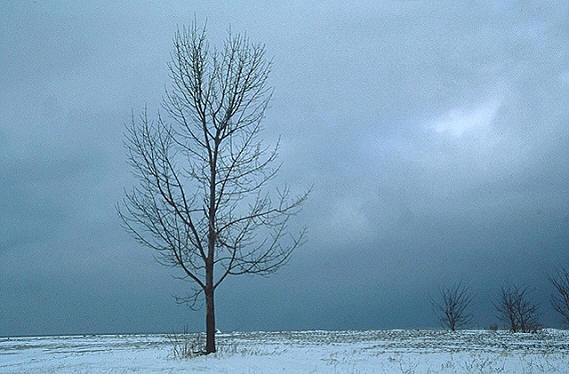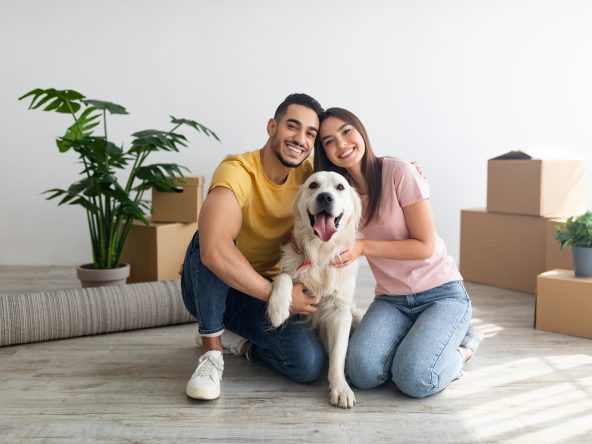Seasonal changes can create inherent risks especially amongst those of us who are looking to save some money during difficult economic times. As such, when we think about cold weather hazards, it usually pertains to the impact of snow and ice.
The winter months are a good time to take inventory of our own personal safety and consider the potential concerns regarding indoor air quality during the heating season.
Winter Weather + Closed House Conditions = Indoor Air Quality Concerns
Many people forego professional evaluation of heating systems as a way to save money – this is a risky proposition for several reasons.
Deferred maintenance and improper use of heating systems are major contributors to serious injury for many who are mainly interested in keeping their homes and families warm during the cold winter months.
Improperly functioning and poorly maintained heating systems are a leading source of carbon monoxide (CO) poisoning and sometimes fatalities. In fact, according to the Consumer Product Safety Commission (CPSC), there have been more than 300 CO-related deaths in the United States since 2002.
Yearly professional inspection of chimneys, flues, and vents is critical. Evaluation for leakage or blockage, and to make sure sections are not loose or disconnected, is recommended. These inspections should include checking for fuel leaks and adequate venting as well.
Smoke Alarms and CO Detectors
Properly functioning smoke and CO detectors are critical for early warning of potential problems in the home. Ongoing testing and maintenance of these systems is critical to your safety; however, many people overlook the importance of proper detector placement in the home when installing these systems. Follow the manufacturer’s instructions carefully when placing the detector’s near appliances, on each level of the home and most importantly – have smoke detectors in each bedroom and CO detectors in the hallway in each sleeping area.
Take a few minutes from your day to make the necessary appointments to have heating equipment serviced and run through a simple safety checklist… You’ll be glad you did.
20 Minute Safety Checklist
Here’s a quick safety checklist for your home, which will literally take minutes to review and make your home a safer and more comfortable place to be:
- Cooking appliances should never be used as a heating system
- Space heaters should be placed on a hard, level surface during operation
- Provide at least three feet of clearance from combustible items and never use space heaters when sleeping
- Do not use extension cords with space heaters or any other appliance unless rated for specific use
- Verify that your choice of heating equipment is permitted by law
- (Kerosene heaters, for example, are not allowed in some communities)
- Heating systems should be installed and serviced by licensed and insured professionals
- Check the fireplace and woodstove; chimneys require annual inspection and cleaning
- Keeping the house too cool or closing off sections of the home can lead to frozen pipes; keep your home at least 60 degrees to prevent freeze damage
- Candles should only be burned when you are in the room and awake
- Grills should be outside, at least 10 feet away from any combustible part of the residence
- Check and test smoke/CO detectors frequently; change the batteries annually as recommended
- Have appropriate smoke detectors strategically located throughout the home
- Don’t forget to service and safety check seasonal equipment used for snow removal
- Prepare an emergency kit for your home and make sure everyone knows what the evacuation plan is in the event of an emergency (emergency kit should include lighting, first aid kit, non-perishable food, and water)
-Submitted by William Rourke, Tiger Group Inc., www.tigerinspect.com





